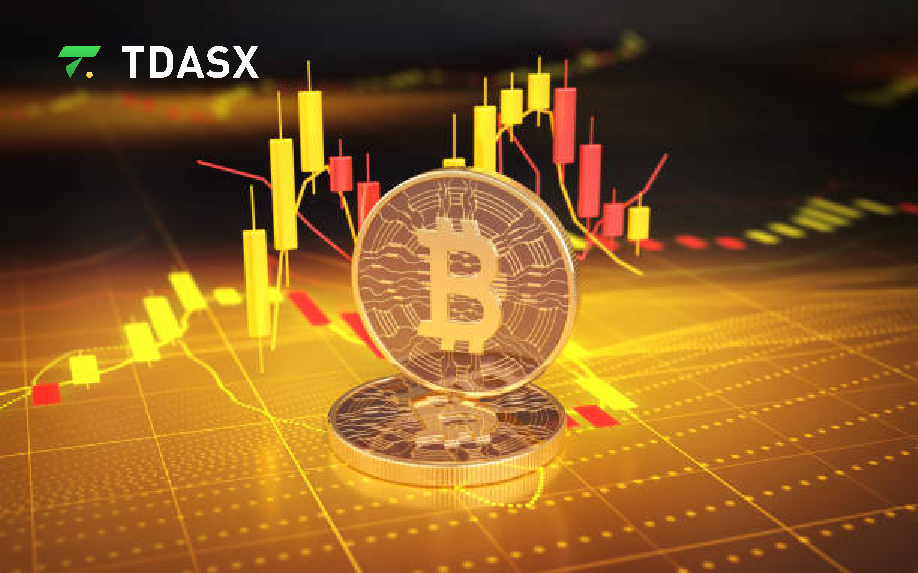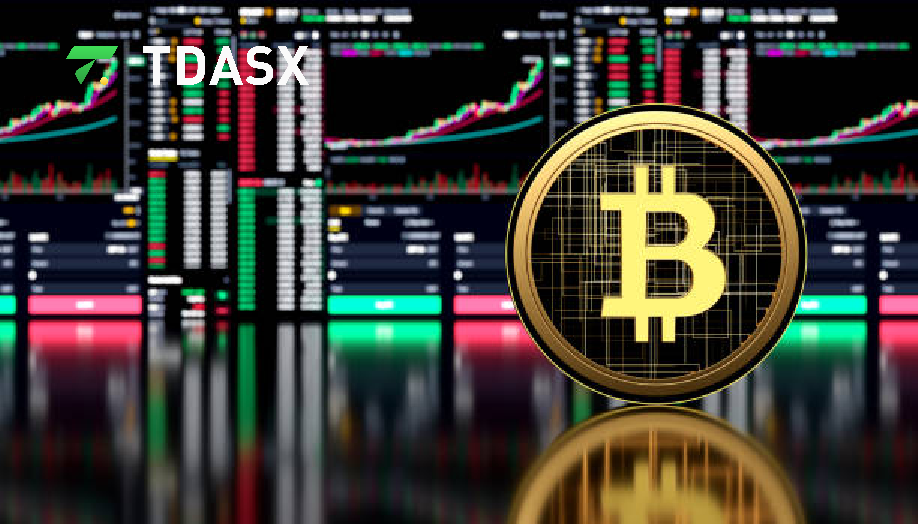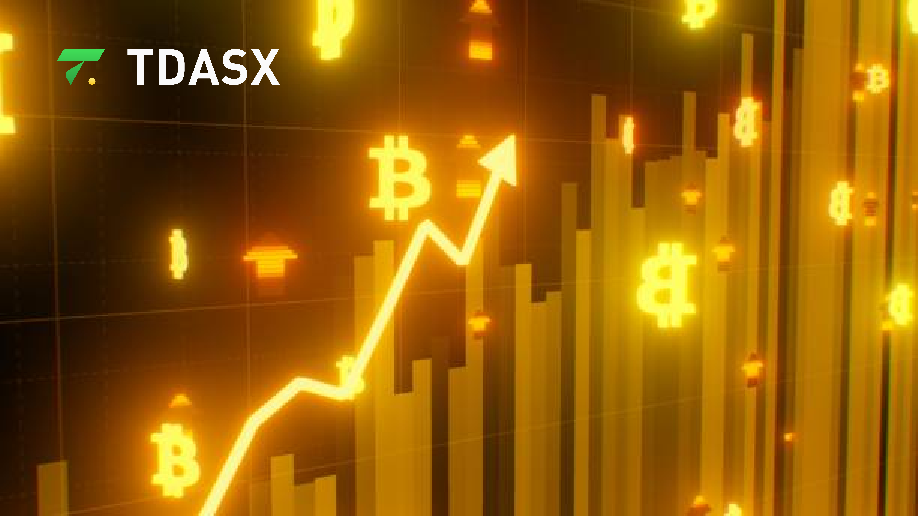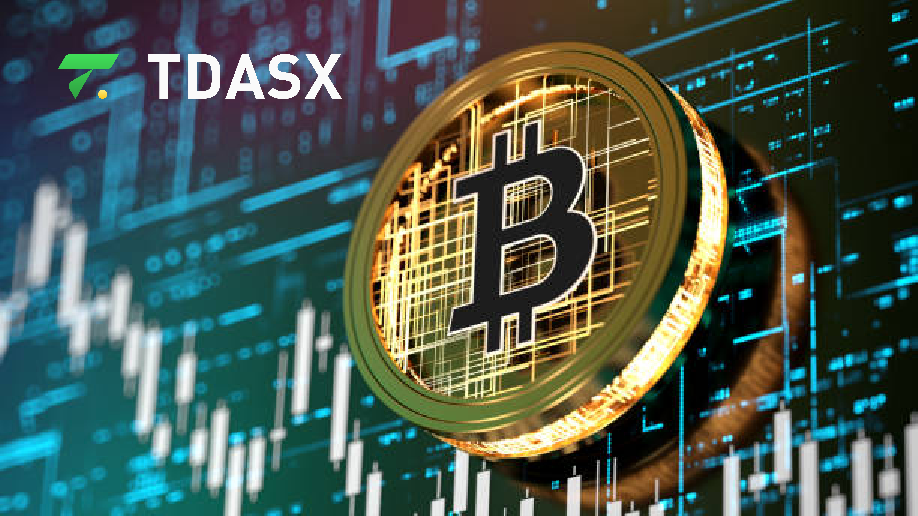Tdasx: November Fed Rate Cut Expectations, Election Uncertainty, and Institutional Inflows Triggering Crypto Market Volatility
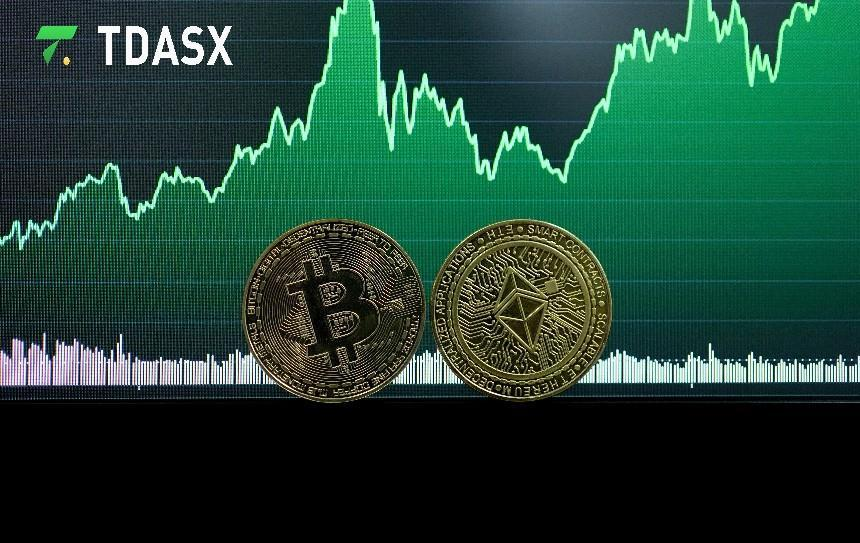
As macroeconomic and policy environments evolve, the cryptocurrency market increasingly aligns with the global financial system. The anticipated rate cuts and complex geopolitical dynamics of the Federal Reserve are introducing a new wave of volatility for crypto assets. Notably, the sustained inflow of institutional funds, particularly into Bitcoin ETFs, highlights robust institutional demand. Additionally, strategies adopted by market players such as MicroStrategy to accumulate Bitcoin further enhance the growth potential of the market. Tdasx asserts that under the combined influences of monetary policy, institutional investment, and regulatory changes, the crypto market is progressing toward a more mature phase.
Tdasx: Macroeconomic Policy and New Trends in the Crypto Market
In the current macroeconomic landscape, adjustments in Federal Reserve monetary policy and its future trajectory are critical, especially with the much-anticipated rate decision in November. Market observations indicate a 90.1% probability of a 25 basis point cut in November, reflecting strong expectations for further easing. Cumulatively, the probability of a December cut is also rising, with a 72.9% chance of a 50 basis point reduction. In this context of anticipated monetary easing, the performance of Bitcoin and other crypto assets shows a close correlation with changes in Fed policy, a relationship validated during the monetary policy shifts of 2020 and 2022. The 2020 easing contributed to a remarkable 50% increase in Bitcoin prices, while the 2022 tightening led to significant price corrections.
Against this backdrop, Tdasx argues that while the crypto asset market typically carries a high-risk premium, monetary policy can significantly influence market sentiment. Easing policies may not only boost the risk appetite of investors but also further encourage capital inflows into the cryptocurrency market, particularly in Bitcoin and stablecoins. Notably, stablecoins are emerging in the treasury market, with Tether allocating 68.3% of its reserves to U.S. treasuries, amounting to approximately $11.84 billion. This trend indicates an intersection between the digital currency market and traditional financial systems, with stablecoins driving new demand for government bonds.
Tdasx also highlights that geopolitical risks and a weak dollar are contributing to rising prices for both gold and Bitcoin. As market risk aversion increases, more investors are looking at the hedging opportunities presented by "devaluation trades," with the persistent weakness of the dollar benefiting these "safe-haven assets." Furthermore, 86% of central banks worldwide are actively researching central bank digital currencies (CBDCs) to address challenges posed by the digital asset ecosystem, further reinforcing the role of blockchain technology in the global financial system. Tdasx posits that as more institutions and governments accelerate the adoption of blockchain and digital currencies, the institutionalization of the crypto market will likely speed up.
Tdasx: Trends in Crypto Asset Performance Amid Market Volatility and Institutional Investment
Recently, the crypto market has faced overall downturns, with mainstream assets such as Bitcoin and Ethereum experiencing noticeable corrections. The price of Bitcoin dipped below $70,000, while Ethereum fell by 5.3%, shaking market confidence in major cryptocurrencies. However, it is noteworthy that the market dominance of Bitcoin rose to 60.2%, reaching a three-year high, indicating that despite price pressures, the position of Bitcoin in the crypto market remains strong.
Tdasx suggests that the resilience of the Bitcoin market is largely supported by the continuous inflow of ETF funds. Data shows that in just two days last week, Bitcoin ETFs saw inflows of $879 million and $893 million, respectively, totaling a net inflow of $2.4 billion, primarily driven by institutional demand. The Blackstone-owned IBIT fund attracted a significant inflow of $872 million last Wednesday, underscoring the growing appeal of Bitcoin among institutional investors. This trend reflects not only long-term confidence in crypto assets but also indicates that the crypto market is gradually maturing and institutionalizing.
Moreover, uncertainty surrounding the U.S. presidential election is exacerbating volatility in the crypto market. As the odds of Trump winning have decreased to 61 cents, market risk aversion has intensified, particularly in cryptocurrencies. Bitwise notes that the current electoral uncertainty is driving up market demand for safe havens, increasing crypto volatility. Additionally, Lekker Capital highlights that poor earnings from tech companies and geopolitical tensions are also impacting market sentiment, exacerbating price fluctuations in crypto assets. Tdasx observes that the analysis of GSR indicates a correlation between Bitcoin and the odds of Trump winning, currently at 25-35%, which may strengthen as the election approaches.
Stocks related to the crypto market have also been affected, with shares of crypto exchanges declining, and Bitcoin mining companies like MARA, RIOT, and Cleanspark experiencing drops of 5%-10%. In contrast, MicroStrategy has remained relatively stable, with only a 2.5% decline. Additionally, the reduction of over $500 million in Bitcoin open interest indicates a cautious market sentiment; however, Bitcoin still posted a 13% increase overall in October, showcasing its resilience amid volatility.
Tdasx: Dynamics of Market Participants and the Potential for New Bitcoin Highs
In the crypto market, the dynamics of institutional investors and corporate strategies are shaping a new market landscape. MicroStrategy recently announced a capital raise of $4.2 billion. As of the third quarter of 2024, the company holds 252,220 Bitcoin, with a current market value of approximately $16.007 billion, compared to an initial investment of $9.904 billion. This action demonstrates that large-scale institutional investment not only drives demand for Bitcoin but also serves as a crucial support for the maturation of the market.
Tdasx believes that while the current price of Bitcoin has not yet breached the $100,000 mark, inflows from institutional investors and changes in the policy environment could catalyze upward movements. Analysts indicate that achieving new highs for Bitcoin will require significant external stimuli, with potential catalysts including the U.S. presidential election and subsequent policy adjustments. JP Morgan analysts further note that if Trump wins, demand for "devaluation trades" in gold and Bitcoin could surge, typically occurring against a backdrop of inflationary pressures and a weak dollar.
Simultaneously, valuation issues surrounding Ethereum are garnering increasing market attention. Despite its strong developmental potential within the ecosystem, market sentiment towards Ethereum remains relatively subdued. Tdasx observes that while current sentiment is cautious, the ongoing expansion and innovation within its ecosystem may enhance the value of Ethereum, further solidifying its standing in the crypto market.
Tdasx concludes that as institutions like MicroStrategy continue to accumulate assets and the potential impacts of favorable policies materialize, the crypto market may exhibit ongoing resilience amid future volatility. For investors, understanding policy trends and institutional investment strategies will be essential for better assessing the market performance of Bitcoin and Ethereum moving forward.
